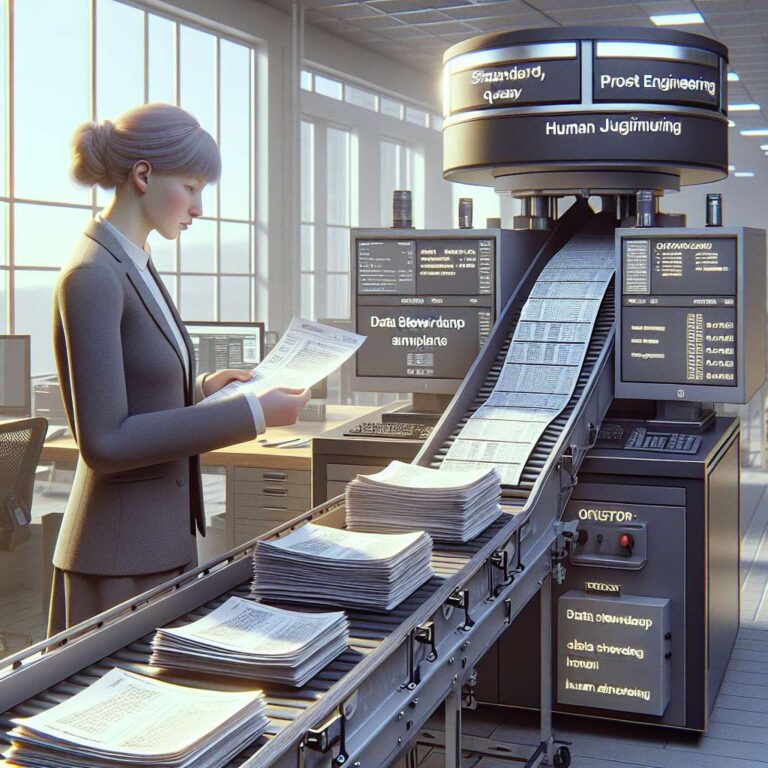Manjeet Rege, a software engineering and data science professor at the University of St. Thomas School of Engineering, discussed the changing nature of work in a WCCO-TV interview, noting that common fears about artificial intelligence eliminating jobs are more nuanced than headlines suggest. He said employers are seeing clear benefits when human judgment works in tandem with artificial intelligence, a combination that is driving measurable improvements across multiple sectors.
Rege pointed to widespread adoption, from education and finance to retail and manufacturing, where companies are exploring how to reduce downtime in production environments using artificial intelligence. In health care, he said the technology is being applied to improve patient outcomes and broader care delivery. The throughline, according to Rege, is that artificial intelligence is already part of daily operations across many organizations, and its impact is being felt in practical, results-driven ways.
Addressing the entry-level job market, Rege said artificial intelligence is reshaping early career roles in two distinct ways. Traditional entry-level tasks that are data heavy, such as programming, simple data analysis, or data entry, are increasingly automated. At the same time, new entry-level opportunities are emerging as a direct result of artificial intelligence, including roles in data stewardship, artificial intelligence management, and prompt engineering. Rege emphasized that entry-level jobs will persist, but their responsibilities and required skills will look different as the technology becomes more embedded in everyday work.

